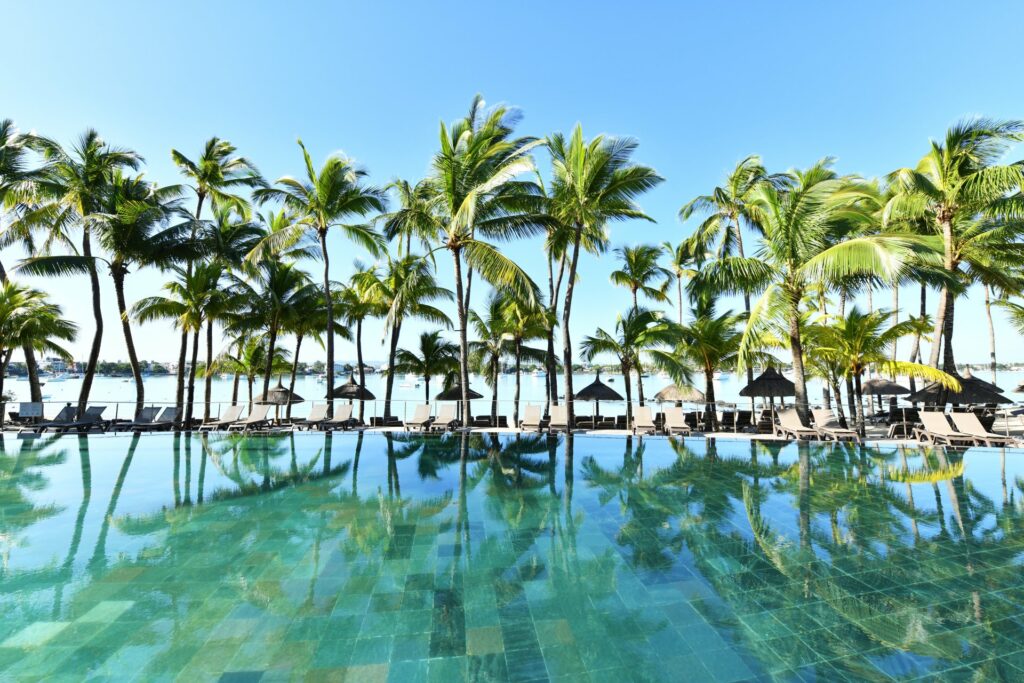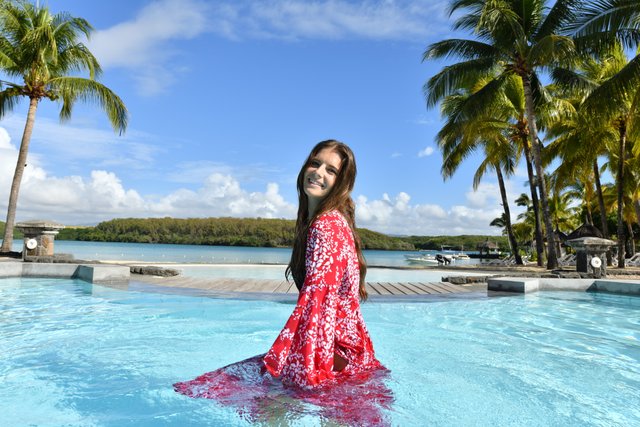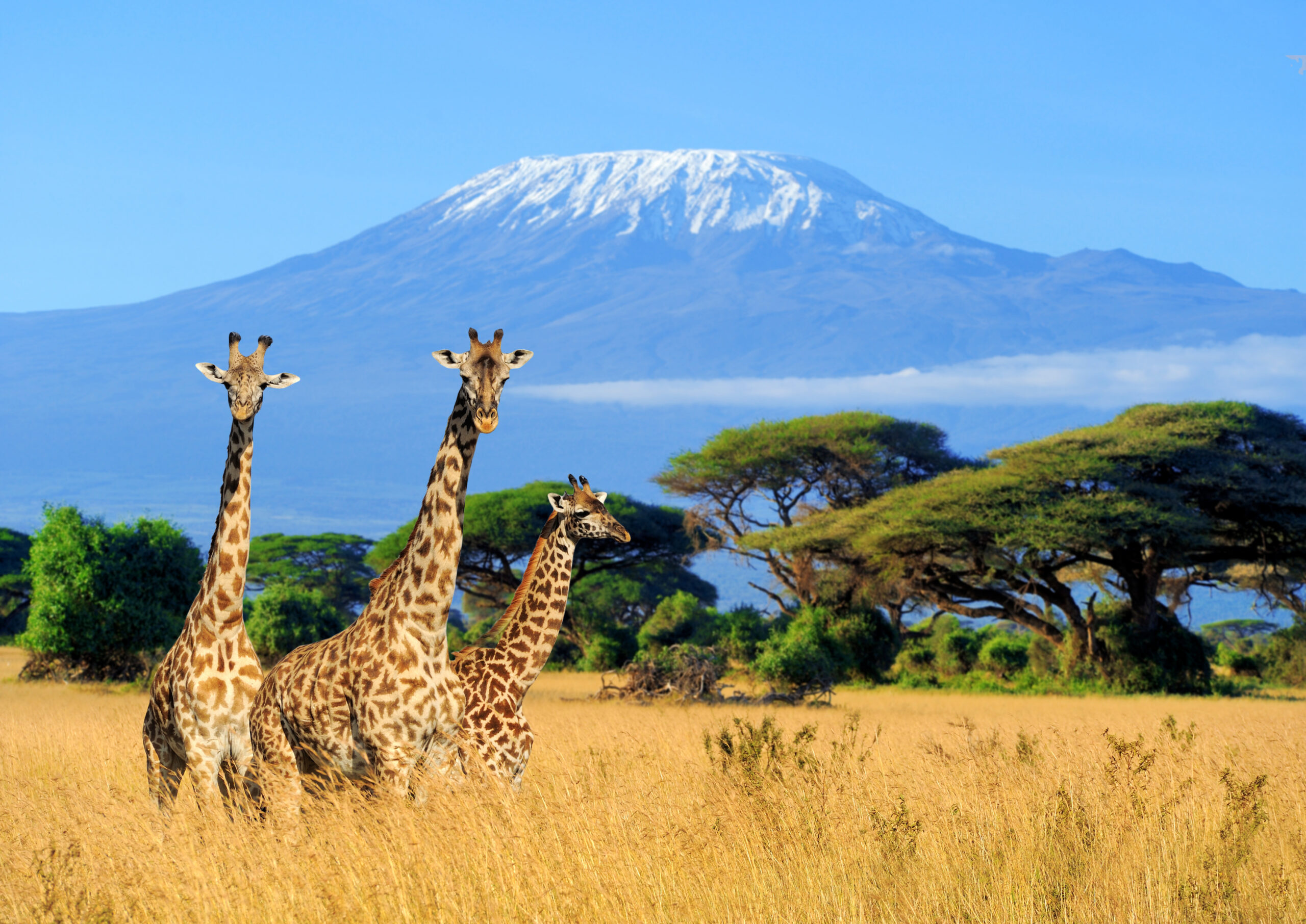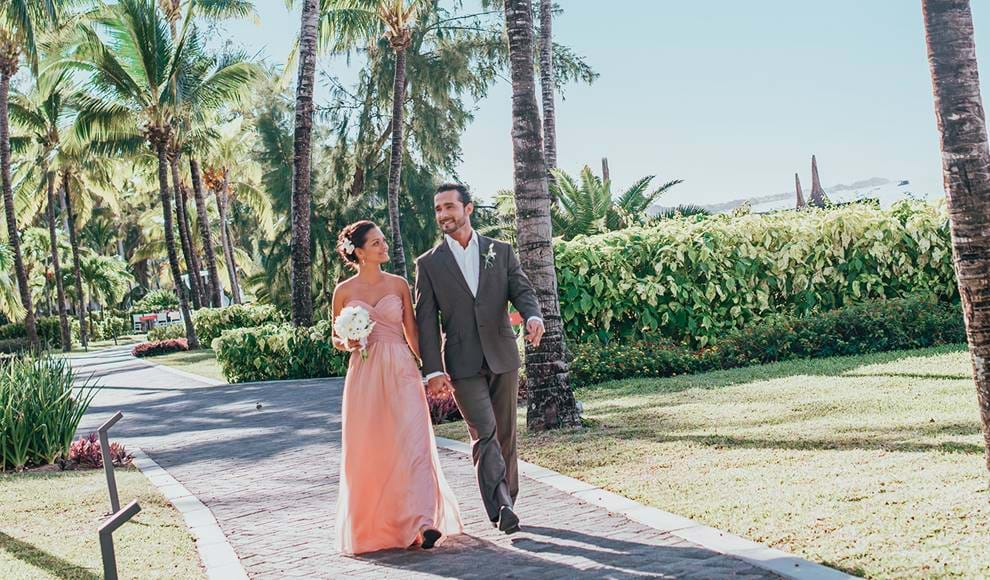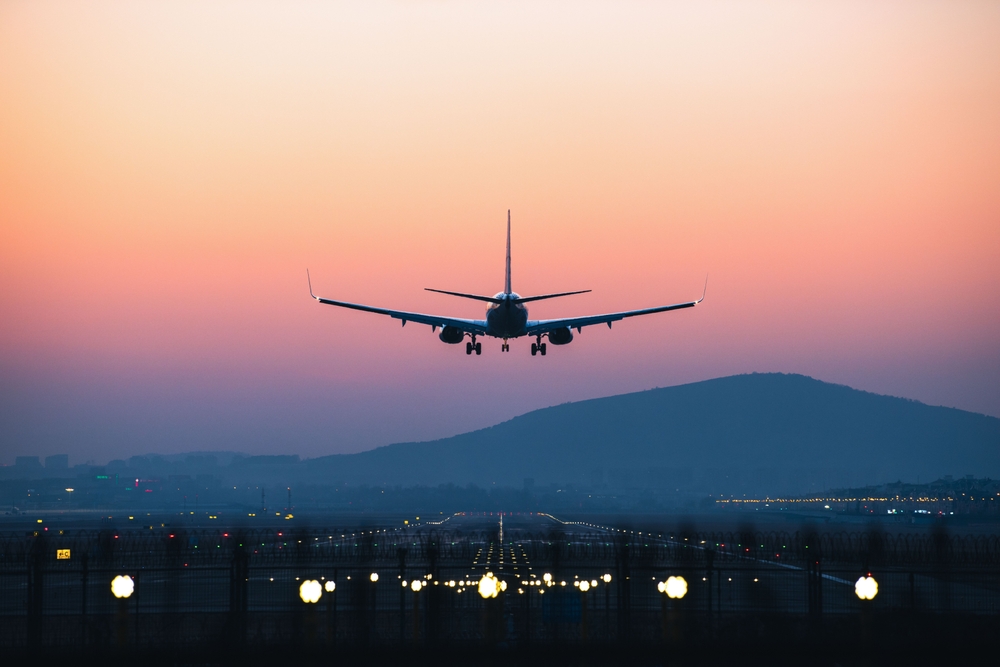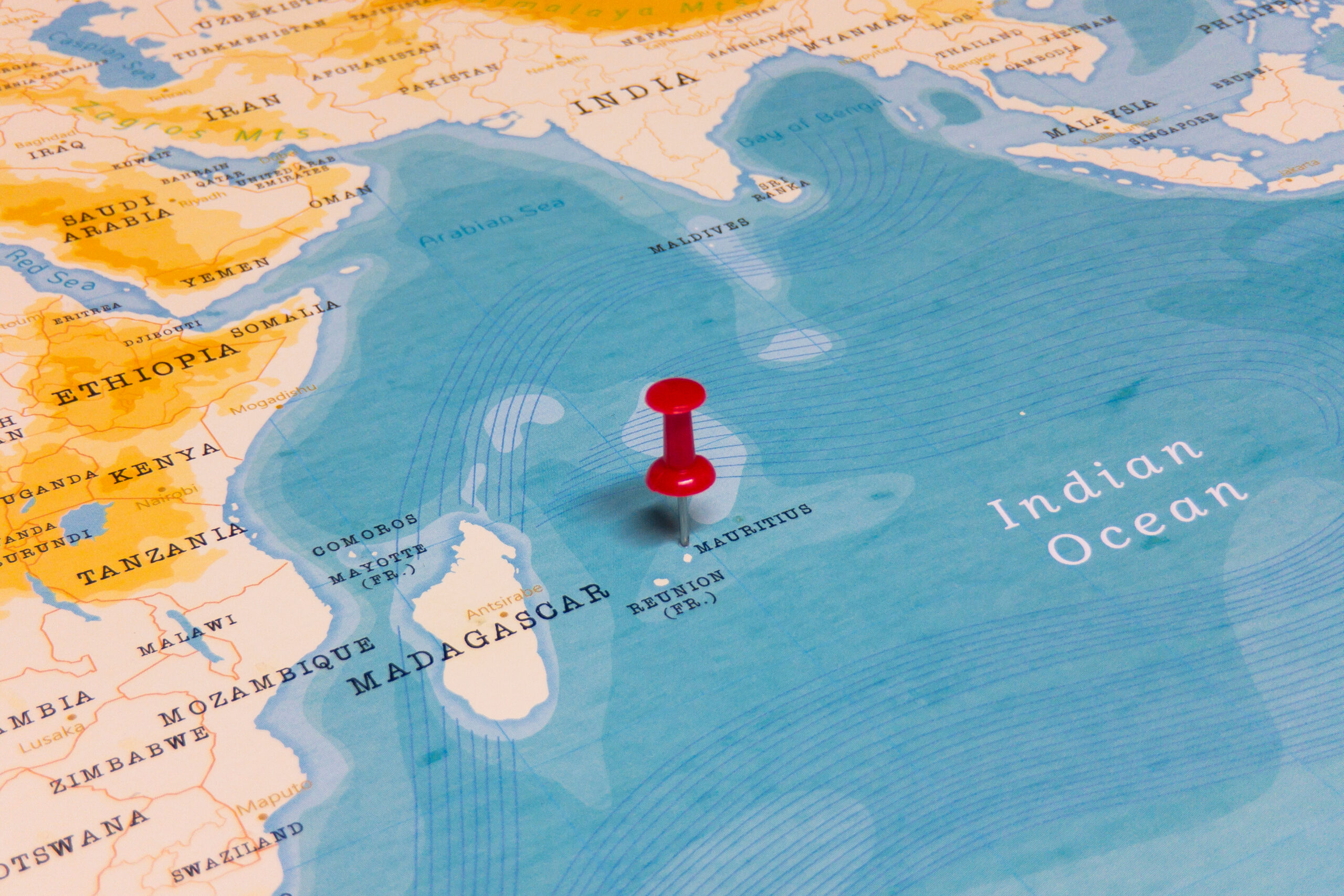Notable dates in the Mauritian calendar
The people of Mauritius have several events in which they celebrate each year. Here are some notable dates in the Mauritian calendar.
Maha Shivatree
Is Celebrated in honour of Lord Siva (February). Following an all all night vigil, Hindu devotees, clad in white, carry the “Kan – war” – wooden arches covered with flowers -in pilgrimage to Grand Bassin, to fetch holy water from the lake. The whole scene is reminiscent of the great rituals on the banks of the Holy Ganges in India.
Eid-Ul-Fitr
Is celebrated to mark the end of Ramadan, The Muslim holy month of fasting. Prayers are offered at mosques during the day.
Father Pere Laval
Is celebrated to mark the end of Ramadan, The Muslim holy month of fasting. Prayers are offered at mosques during the day.
Chinese Spring Festival
In September people of all faiths flock to the shine of Father Jacques Desire Pere Laval in Ste. Croix, Port Louis. You can almost catch a glimpse of Lourdes in the fervour of the great crowds who attribute miraculous healing powers to this holy man.
Divali
The most jovial of all Hindu festivals. Celebrated in October / November, it marks the victory of Rama over Ravana and also commemorates Krishna’s destruction of the Demon Narakasuran. Clay oil lamps are placed in front of very home turning the island into a fairyland of flickering lights.
Holi
This Hindi festival is as colourful as the numerous legends which inspire it. Essentially, it is a festival of revelry when men and women enjoy themselves by squirting coloured water and powder on one another. It is a time for rejoicing and exchanging greetings.
Cavadee
Cavadee is celebrated in January / February. Along with the fire walking and sword-climbing ceremonies, Cavadee is among the most awesome Tamil events. Their bodies pierced with needles and their tongues and cheeks with skewers, devotees trance-like and in penance, trek along bearing the “Cavadee”, a wooden arch covered with flowers with a pot of milk at each end of its base, to place it before the deity in the temple. At this point, despite the long hot trek, the milk should not have curdled.
Ougadi
The Telegu New Year. It is usually celebrated in March.
Ganesh Chaturthi
Is celebrated on the 4th day of the lunar month of August / September, as the birthday of Ganesha, the God of Wisdom and remover of all obstacles by Hindus of Marathi faith.
